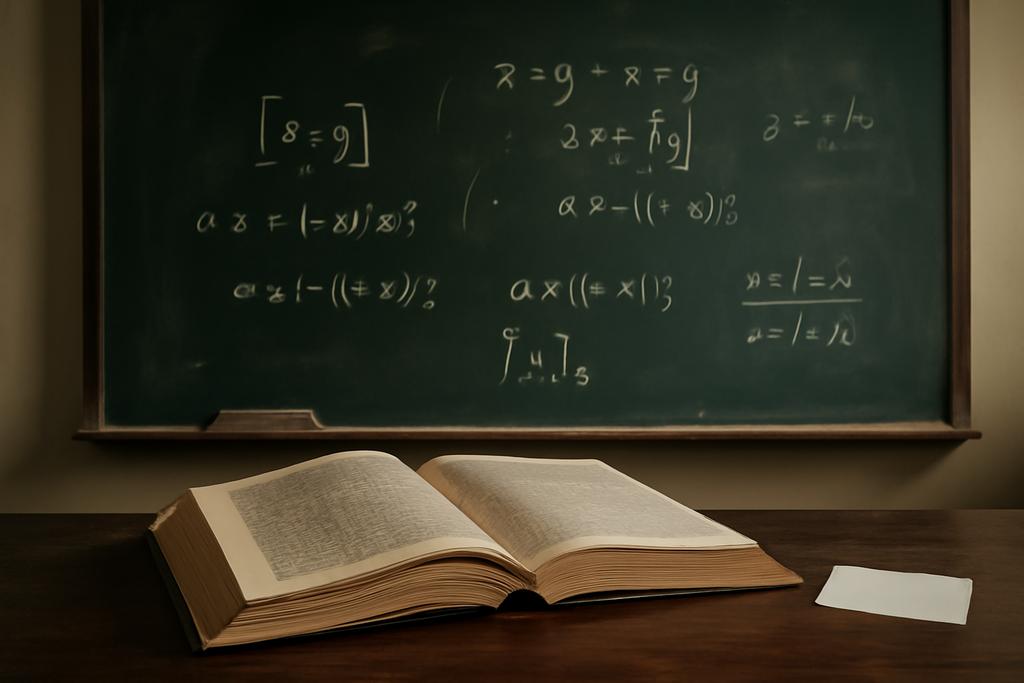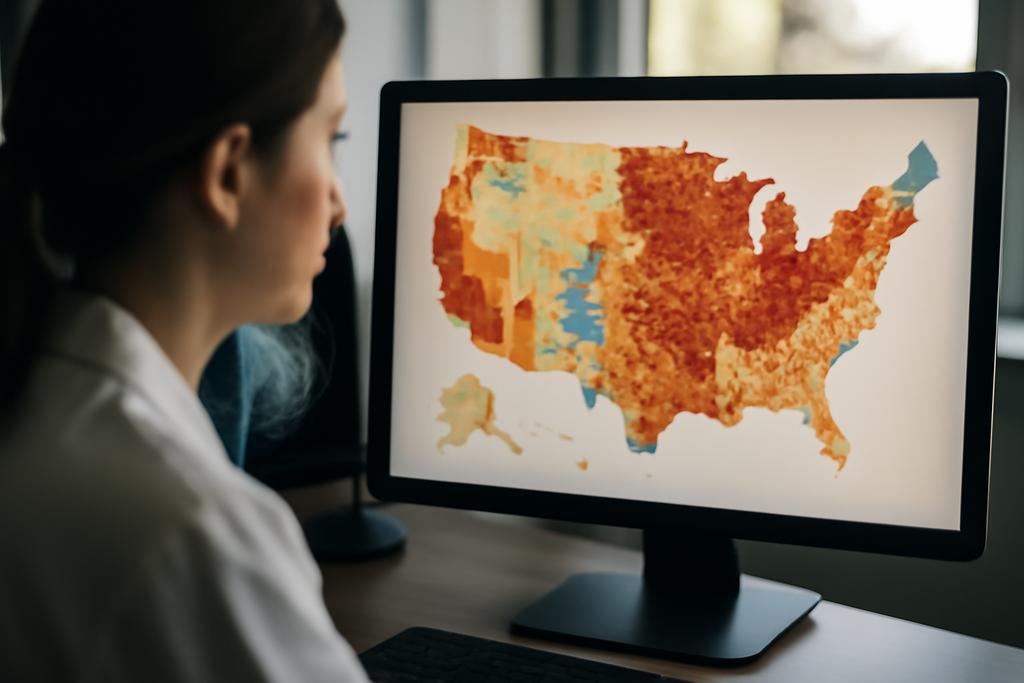Mathematicians are used to the steady hush of vector spaces, where every point shares an identical fabric and an invisible origin anchors the whole landscape. But what if you took away that fixed origin and let the rules of interaction bend with the point you’re at? A recent line of research does exactly that. It starts with a simple prompt: what happens if we affinize, that is, reframe algebraic structures in the setting of affine spaces rather than vector spaces? The payoff is a family of objects that behave like their linear cousins, yet come with a more flexible, frame-agnostic soul. The study behind this shift comes from Tomasz Brzeziński and Krzysztof Radziszewski at Swansea University and the University of Białystok, with Brais Ramos Pérez at the University of Santiago de Compostela, and it opens a doorway to new ways of organizing algebraic ideas without sacrificing the familiar algebraic bones.
To appreciate the leap, imagine groups turning into heaps and pools of structure losing the need for a fixed origin. That’s affinization in a nutshell: you replace a structure with an origin-free version that still encodes the original when you pick a point to be your reference. In this paper, the authors extend that program to Leibniz algebras—an umbrella generalization of Lie algebras where the Jacobi identity loosens its grip but a Leibniz rule still holds. The result is a theory of Leibniz affgebras: an affine space equipped with a bi-affine product whose behavior on each tangent fiber recreates a Leibniz algebra. It’s a conceptual shift that says, in effect, the geometry can drive the algebra, and the algebra can, in turn, reflect the geometry at every point.










